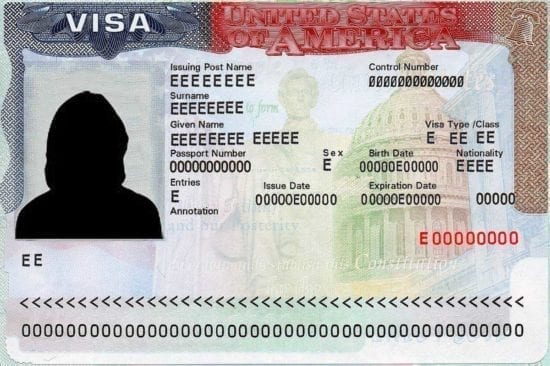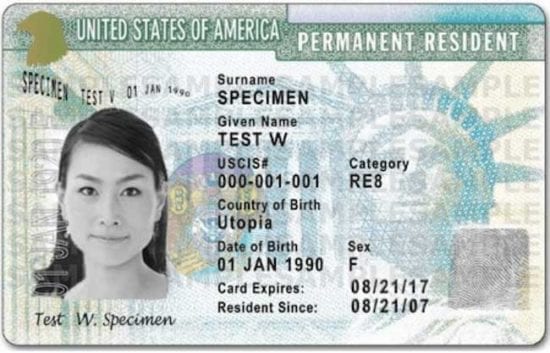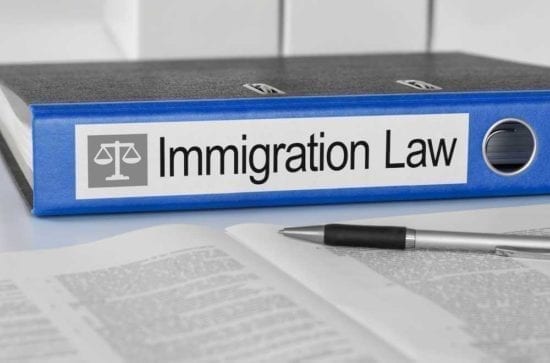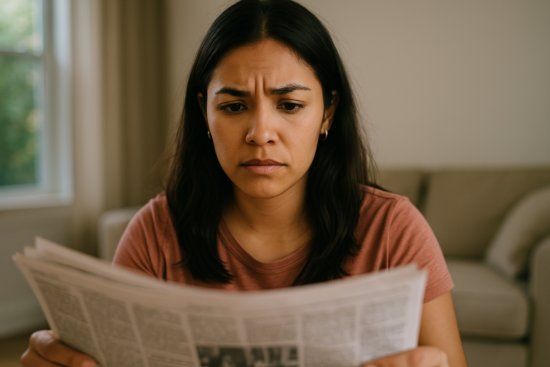What is public charge?
A public charge is someone who immigration officials believe will depend on the government for money and support. When you apply for a Green Card or visa they will review factors like your age, income, health, education, and family support.
Based on that information, immigration could deny your Green Card application or entrance to the USA. That is called “public charge ground of inadmissibility.”
Your use of certain public benefits will also be considered.
What are public benefits?
Public benefits are help from the government for basic needs like health care, housing, food, or cash. They can be from the federal, state, or local government. They use money collected from taxes.
Not all public benefits count towards being a public charge.
What is the final rule on public charge?
The Department of Homeland Security’s (DHS) latest public charge rule went into effect on December 23, 2022. It states there are only two types of public benefits that can count towards being considered a public charge.
Despite recent announcements, there are currently no changes to the public charge rule. You can still use public benefits like healthcare, food, and housing assistance. Eligibility rules currently remain the same. If the U.S. government makes changes, they will take time, and you will have time to prepare.
What public benefits are part of public charge?
The two public benefits that can be considered for public charge:
1. Public cash assistance for income maintenance
- Supplemental Security Income (SSI)
- Temporary Assistance for Needy Families (TANF) also known as “welfare”
- State and local cash assistance sometimes called “general assistance”
2. Long-term care paid for by the government
- Medicaid or other program support for long-term care at a nursing home or mental health facility
Immigration officials cannot look at your use of other government programs or public benefits. They also cannot look at benefits your family members use unless those programs are your family’s only income.
What public benefits are NOT part of public charge?
The following public benefits are not considered part of the public charge rule. You can use these programs without it affecting your immigration status.
- Medicaid (except for long-term care)
- CHIP for children and pregnant women
- Food and nutrition programs
- SNAP, WIC, school lunches, food banks
- Housing assistance
- Section 8, public housing, shelters
- Child care assistance
- Short-term and special cash assistance, such as those given after a natural disaster
Who does the public charge rule apply to?
The use of the two types of public benefits above can affect your immigration status with the U.S. if you are:
- Applying to enter the USA through a visa application
- Applying for a Green Card to become a legal permanent resident (LPR) through a Form I-485
Generally, if you were required to file a Form I-864, Affidavit of Support, with your visa application or adjustment of status application, you are subject to the public charge rule.
| Green Card applicants must use the new version of Form I-485 with 1/20/25 at the bottom left of the form. Parts 3 and 9 have questions about public charge exemptions and public benefits received. If you use an older version of the form after April 3, 2025, your application could be denied. |
Who does the public charge rule NOT apply to?
You can use any type of public benefit and it will not affect your immigration status if you are submitting an application for:
- Refugee or asylee status
- TPS (temporary protected status)
- DACA (deferred action for childhood arrivals)
- U or T visa or VAWA
- Special Immigrant Juvenile Status
- Iraqi or Afghan Special Immigrant Visa
- Green Card through asylum, refugee status, U or T visa, Special Immigrant Juvenile Status (SIJS), or Iraqi/Afghan Special Immigrant Visa (SIV)
- Green Card renewal
- Naturalized U.S. citizenship
Other categories of immigrants not listed here are also exempt from the public charge rule. Speak with an immigration attorney to find out if you fall into one of these categories.
Can public charge still affect me even if I’m exempt?
- Some Green Card holders are eligible for public benefits, but getting certain public benefits might make it harder to sponsor family members to come to the USA.
- If you are not a U.S. citizen and leave the U.S. for more than 6 months, the government may conduct a public charge determination. We suggest seeking legal advice before you leave the U.S.
Helpful facts
- Immigration officials must look at all your circumstances when deciding if you are likely to become a public charge.
- An “affidavit of support” can help show that you have someone who will help support you and you will not become a public charge.
- You have a right to show why you will not become a public charge. You can show your assets, your skills, your good health, and your employment record.
Legal help
It is important to seek legal advice from an immigration lawyer or accredited representative if you have any questions or concerns. Many organizations and lawyers offer free or low-cost legal services.
Protecting Immigrant Families and Keep Your Benefits are helpful websites to find more information on public charge.
The information on this page comes from USCIS, Protecting Immigrant Families, and other trusted sources. We aim to offer easy to understand information that is updated regularly. This information is not legal advice.





